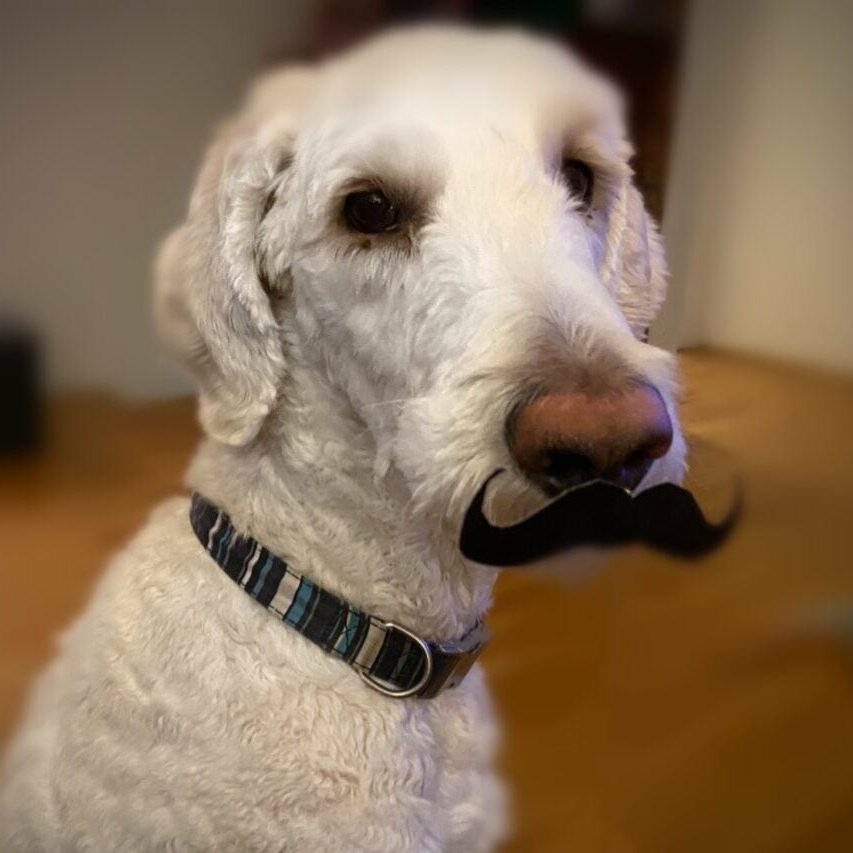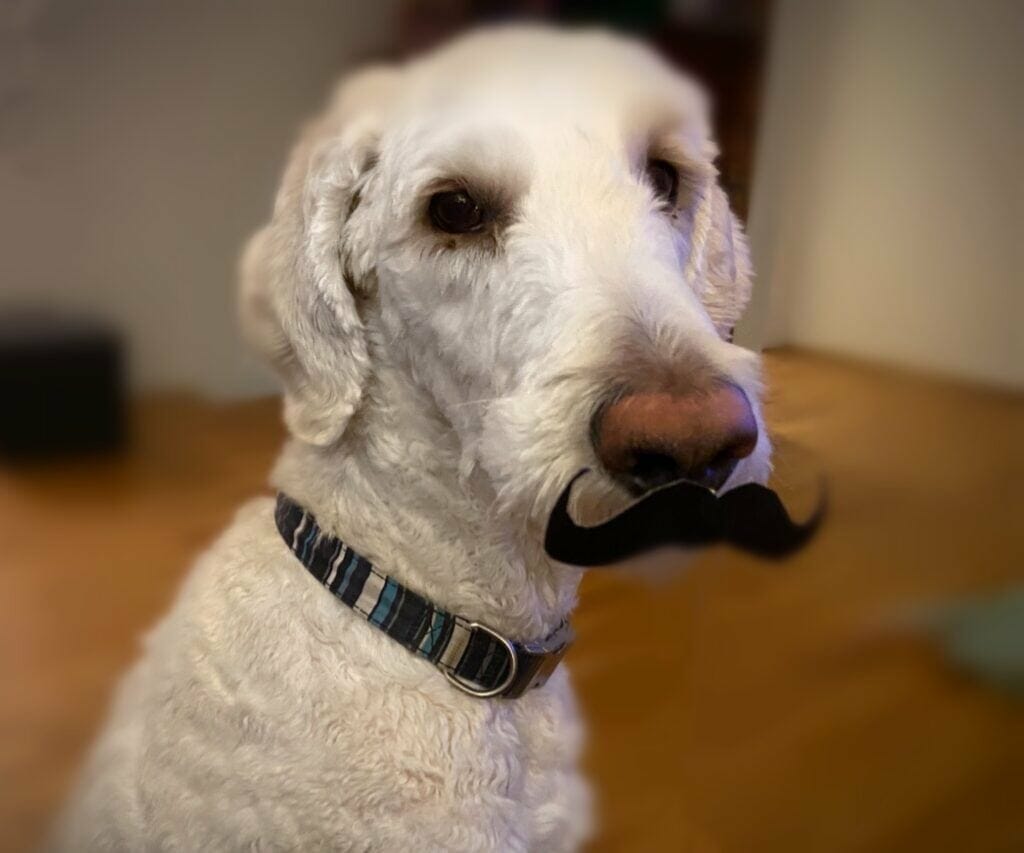
My first note for performative masculinity is that, at least in my experience, it’s more focused on restraint than assertion.
The women I interviewed in my Performative Femininity piece explained to me that much of the effort they expend is in making themselves seen and heard. For men, especially larger men like myself, that’s not a problem.
I think the expectation of being able to enter any space, or conversation, either builds confidence or teaches you to fake it.
I spoke to Ben Weigust, a first-year Dalhousie University student working on his bachelor of commerce degree.
“I believe performing masculinity derives from who I am as a person. Everyone creates a personality for themselves. Even though I believe I have no control over that, a lot of who I am comes from the qualities that define [traditional] masculinity,” Weigust says. “If it weren’t for the personality I developed, I wouldn’t be the strong, confident outgoing person I am.”
Reader, I’m going to give you some context. I met LJ (a woman I interviewed for my Performative Femininity piece) through Weigust. So, I’ve seen them interact with each other. They’re both equally confident and friendly, but Weigust sees his gender-based identity as something of a background feature. For LJ, it seemed like more of an active effort she makes.

Performative masculinity doesn’t always have a positive outcome
Noah Nemo, a third-year contemporary studies student at Dal, sees his masculinity differently. He notices his maleness most when he knows women are afraid of him. He doesn’t feel good about it, yet he recognizes his masculinity because of it.
Now, for all of my feminine-aligned readers (basically just my mom, hi mom!) that sounds terrifying. But I know exactly what Nemo means and it’s a shitty feeling. One of the most important and hardest lessons for boys to learn is that there are terrible men out there (more good men, but unfortunately not enough). And for this reason, women must have a guard up.
For Nemo, this is the part of his masculinity he’s most aware of. The sad thing is Nemo is an absolute sweetheart. But because of the gender he aligns with, he notices people must keep their eyes open when he, or any other man, is around.
I promised I would use myself as a source, journalistic integrity be damned. Unlike Harlan Ellison’s short story of a similar name, I have a mouth and I must scream!
In my experience, masculinity is both a blessing and a curse, as is my size. I can use it to feel safe when I don’t want to be bothered while walking home from the bar. I have my suit of armour (leather jacket), a cigarette in my mouth (trying to look like a rough customer), big black combat boots and a tuque that looks like a mercenary’s. I’m also six-foot-four with a beard and a good scowl when I want to show it. I know I sound extremely self-absorbed (and perhaps I am), but all of that implies I am not to be messed with.
A force to be reckoned with
I agree with how Nemo feels, but I would go further and say that I feel most like a man when I know I’m a force to be reckoned with. Because of that innate factor of intimidation, I’ve learned to be conscious of my masculinity. The best way to explain that, probably, is my interactions with short men.
When I walk into a room or a circle, people notice me. A shorter, or smaller man could walk right up to me, yell at me even. But unless he pulls back his arm for a punch, it wouldn’t immediately cause me to feel nervous or scared.
I can tell you from first-hand experience that if I lose track of my presence, I get a bit too loud. I might tell a mean-natured joke or do something else to easily make people fearful. So, it’s a blessing and a curse.
I don’t have to worry too much about getting hurt or otherwise mistreated, but I also know most of my interactions have a background of fear. It’s been my observation that when men fail to elicit some sense of caution from other men, it affects their psyche. This results in short-man syndrome.
I don’t know if this is a documented, widely agreed-upon phenomenon but a recent study comparing Napoleon Complex (short man syndrome) with the Dark Triad (traits of narcissism, psychopathy and slyness) found a connection.
In my experience, many short or small men want to prove they can bite, in the same way little dogs I’ve met (specifically Chihuahuas and similar purse dogs) bark bloody murder.
Men, like women, perform their gender identity in a variety of ways — from using it as a foundation for their outgoing, confident and friendly nature like Weigust, to being aware of the innate intimidation factor like Nemo — using it to both create space for themselves or being conscious of the space they take and trying to limit it.
I won’t preach anymore to the male-aligned readers. But for our female-aligned readers, ask the masculine people in your life how they handle their masculinity.
How do they behave when they walk home from the bar alone at night, or in male-dominated spaces? Does behaviour change between larger and smaller men?






